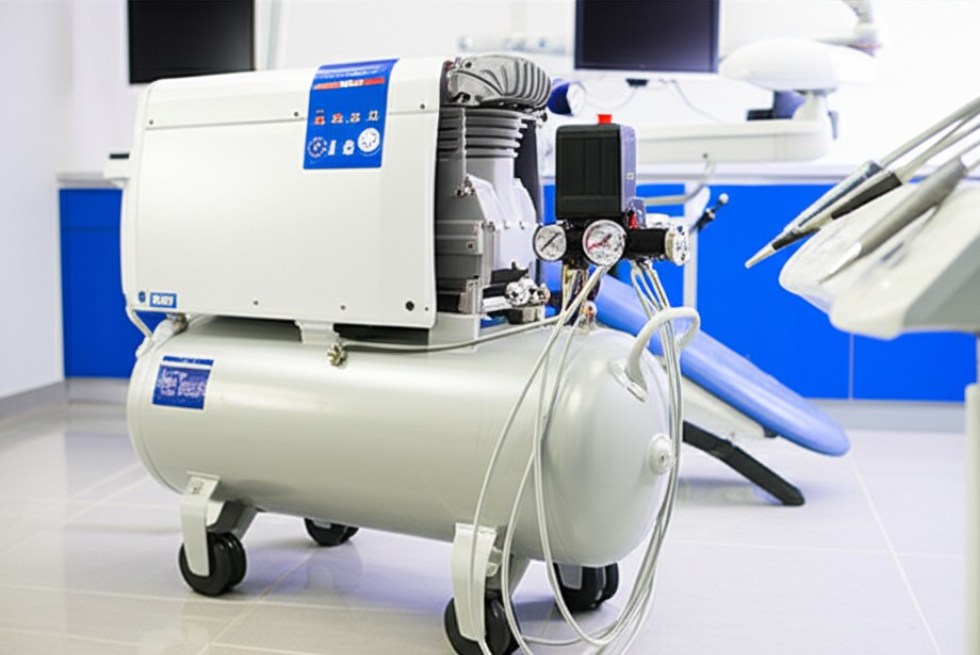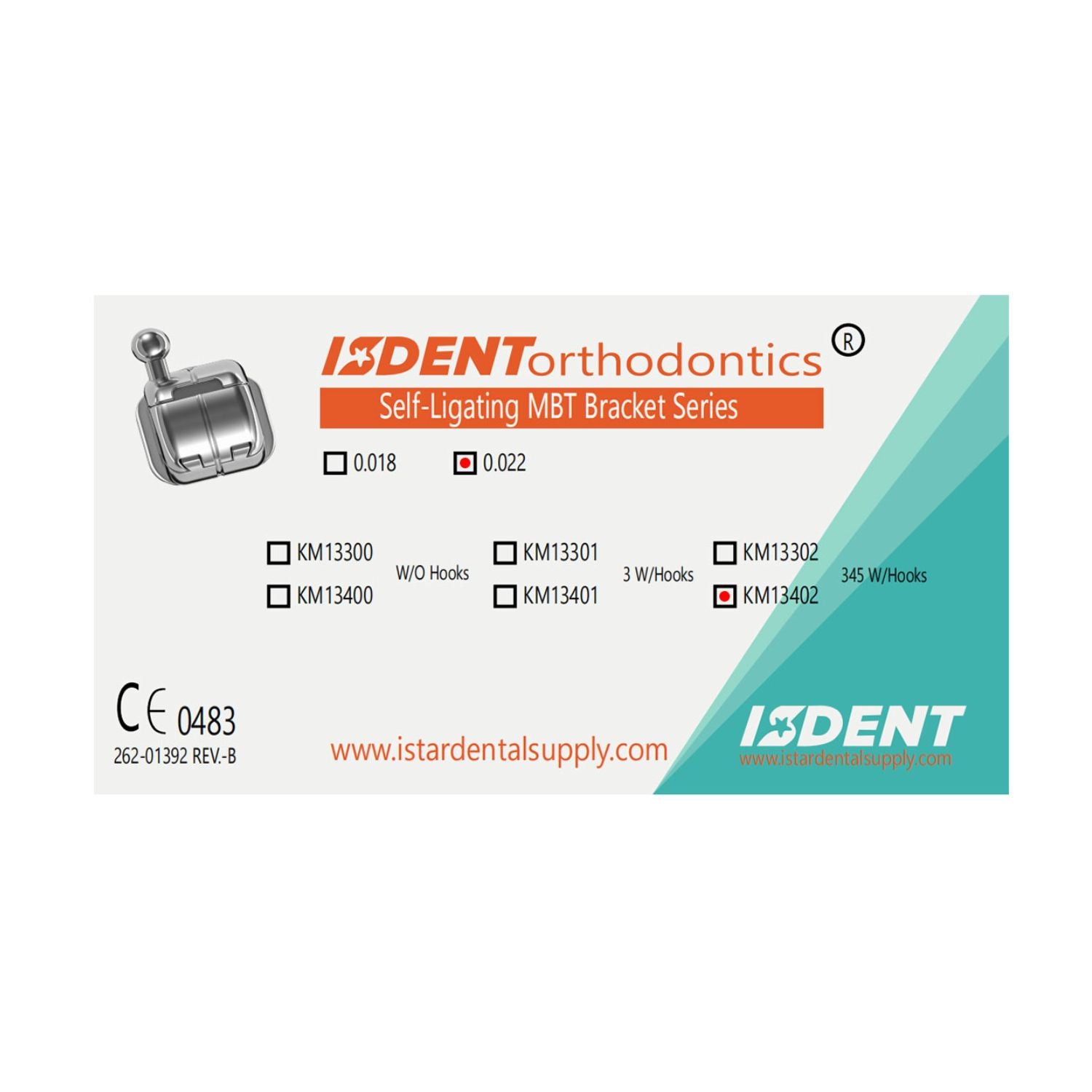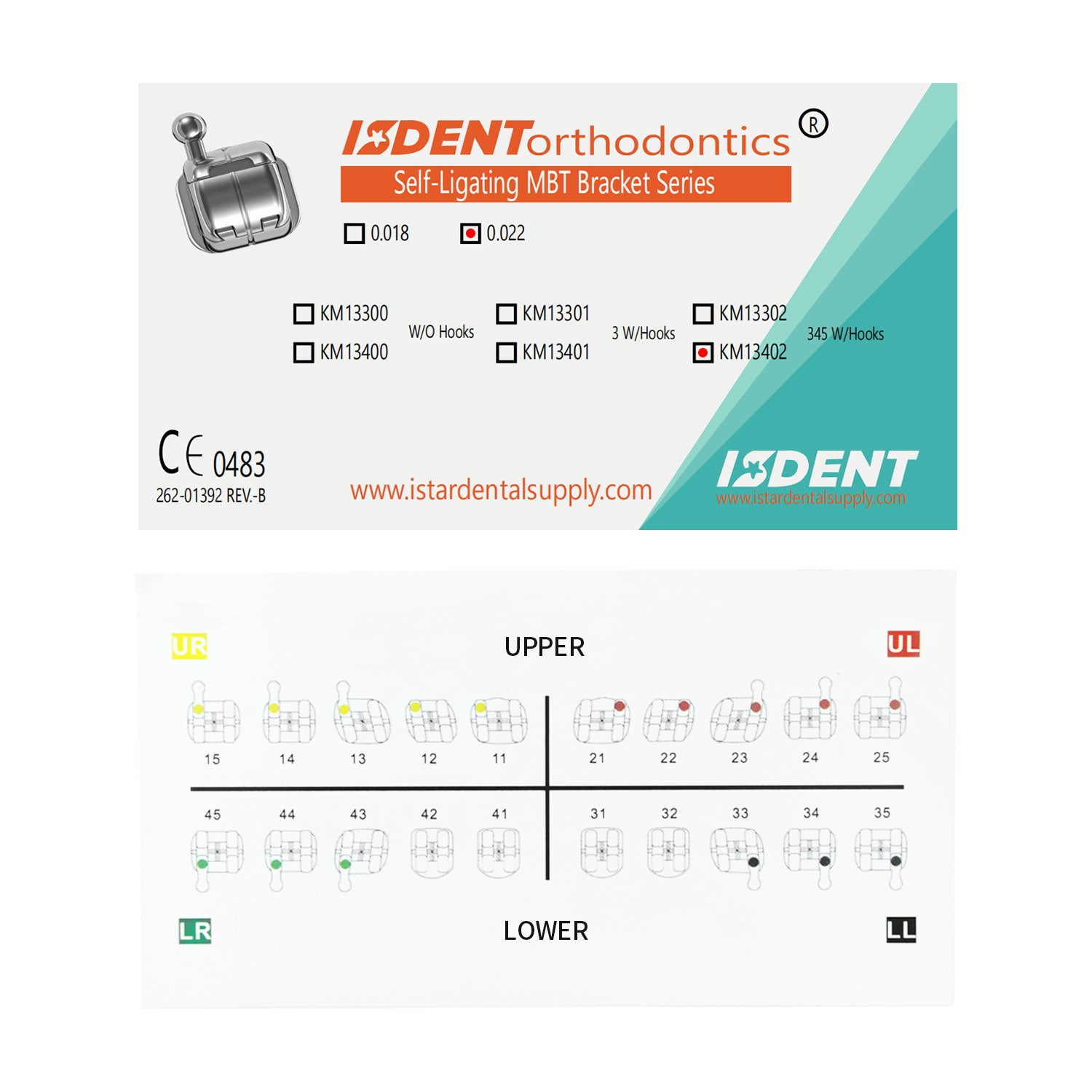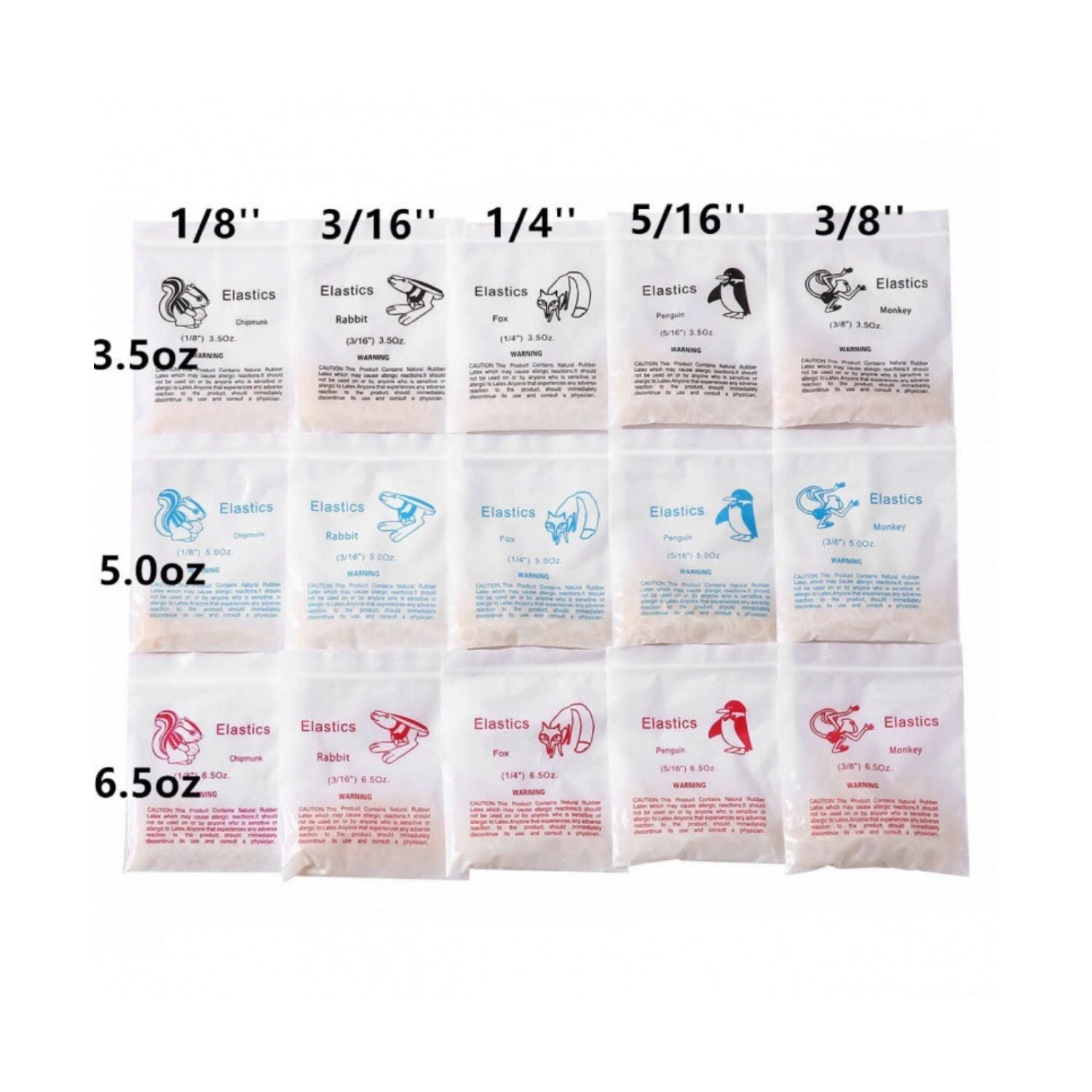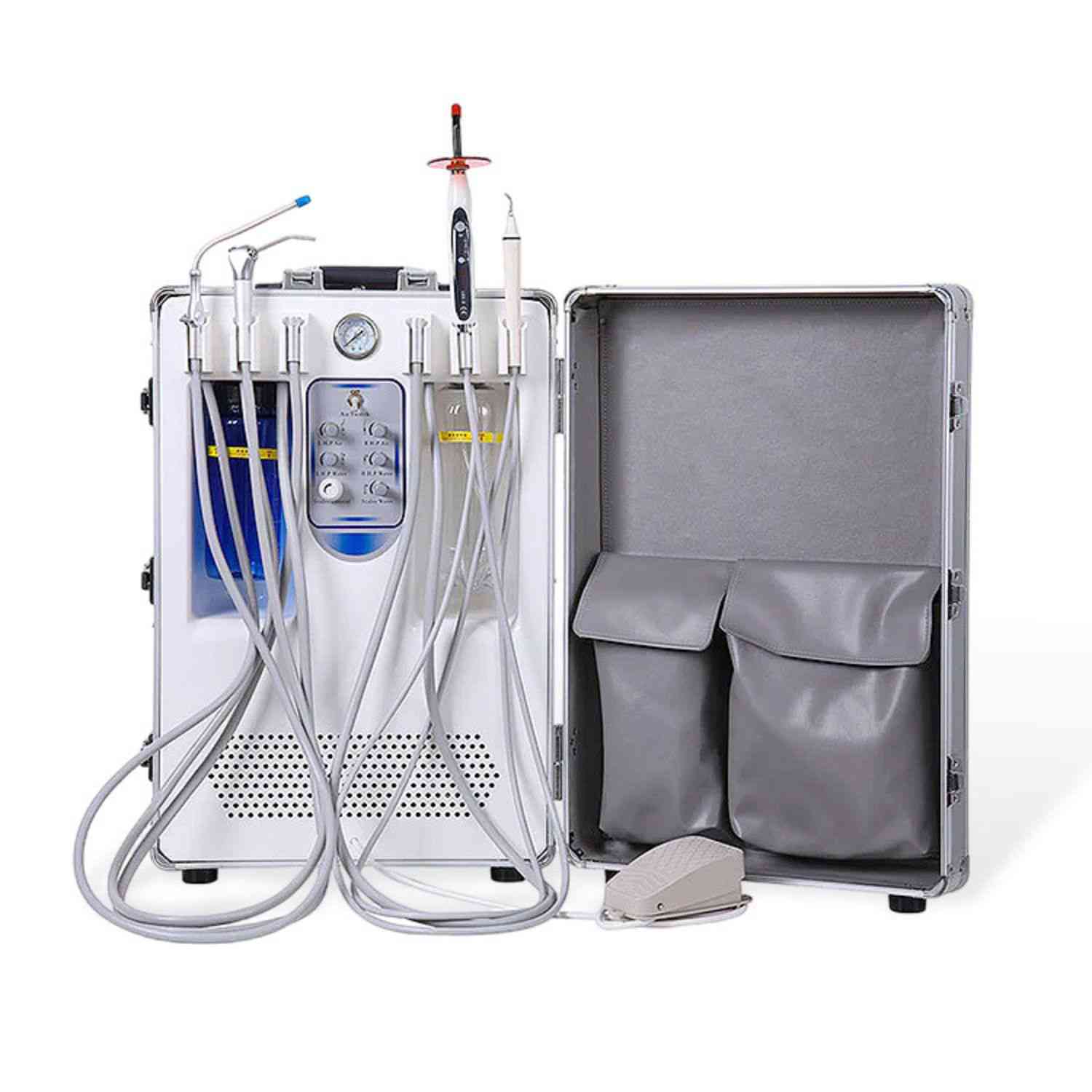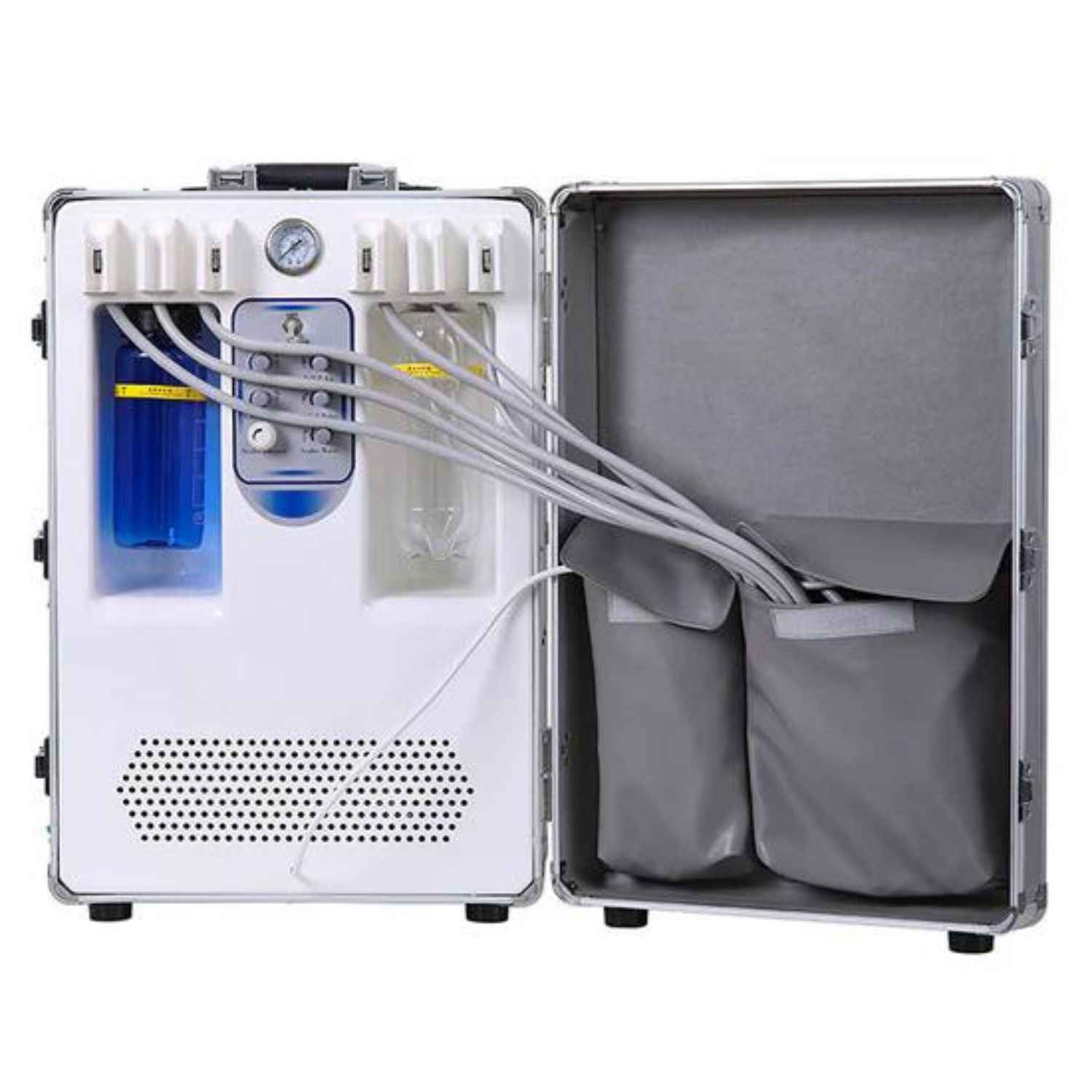Consumer Dental Air Compressor Buyer's Guide: How to Choose the Right One
Are you looking for a dental air compressor? This guide will help you pick the right one. Dental air compressors power important tools like handpieces and suction devices. Choosing the wrong one can cause problems with how your tools work and even safety issues.
Why You Need a Special Dental Compressor
Regular air compressors won't work for dental tools. Dental compressors are special because they:
-
Keep the air clean and safe
-
Run more quietly
-
Have the right pressure for dental tools
-
Meet health rules and safety standards
Let's dive into what you need to know when buying a dental air compressor.
Key Features to Compare
CFM (Cubic Feet per Minute)
CFM tells you how much air the compressor can make. This is super important! If your compressor doesn't make enough air, your tools won't work right.
Here's a simple rule: Take your most powerful tool's CFM and multiply by 1.5. That's what your compressor should deliver.
For example:
-
If your handpiece needs 4 CFM, your compressor should provide at least 6 CFM
Oil-Free vs. Lubricated
Oil-free compressors are a must for dental work. The FDA says you need them to keep the air clean. Oil from regular compressors could get into the air and be unsafe for patients.
Benefits of oil-free models:
-
No oil contamination risk
-
Cleaner air
-
Meets medical rules
-
Less maintenance
Noise Levels
Nobody wants a loud compressor in their clinic or home office. Look for compressors that run at less than 60 decibels (dB). That's about as loud as a normal conversation.
PSI (Pounds per Square Inch)
Most dental tools need between 90-100 PSI to work right. Make sure your compressor can deliver this level of pressure consistently.
Tank Size
The tank holds the compressed air. For small clinics, 2-6 gallons is usually enough. Bigger practices need larger tanks for continuous use.
Certifications
Look for these important certifications:
-
FDA approval
-
ISO 13485 certification
-
CE marking
-
California Prop 65 compliance
-
ASME-certified tank
How to Size Your Compressor
Picking the right size is crucial. Follow these steps:
-
Make a list of all your dental tools and what they need (CFM and PSI)
-
Calculate the total CFM needed using this formula: (Most powerful tool's CFM × 1.5) + (Other tools' CFM × 1.5)
-
Add 20% extra to make sure you have enough power
Pro Tip: Never buy a compressor that's too small. It will wear out faster and might damage your tools.
Types of Dental Air Compressors
There are three main types to consider:
1. Reciprocating (Piston) Compressors
These are the most common type.
Pros:
-
More affordable
-
Compact size
-
Easier to find
Cons:
-
Louder operation
-
Shorter lifespan
-
Need more maintenance
2. Rotary Screw Compressors
These are top-of-the-line compressors.
Pros:
-
Very quiet (great for patient comfort)
-
Can run non-stop
-
Last longer
Cons:
-
Cost more upfront
-
Bigger in size
-
More complex to repair
3. Scroll Compressors
These are good middle-ground options.
Pros:
-
Oil-free by design
-
Less maintenance
-
Quieter than piston models
Cons:
-
Work best for smaller clinics
-
Less common
-
More expensive than piston models
Helpful Dental Compressor Data
|
Key Information |
Details |
Why It Matters |
|
CFM Requirements |
Multiply tool CFM by 1.5 |
Ensures tools work properly |
|
Energy Savings |
Variable speed drives save 35% energy |
Lowers your electric bill |
|
Compliance |
Must meet FDA and Prop 65 standards |
Keeps your practice legal |
|
Cost Range |
$1,000–$15,000+ |
Helps with budgeting |
|
Noise Levels |
Aim for <60 dB |
Keeps patients comfortable |
|
Maintenance Impact |
Good care doubles lifespan (5-10 years vs. 3-5) |
Saves money long-term |
|
Duty Cycle |
Rotary = 100% duty cycle; Piston = 50-70% |
Matches to your daily usage |
|
Refurbished Option |
30-50% cheaper than new |
Good for tight budgets |
Buyer's Checklist
Use this checklist before you buy:
-
[ ] CFM is at least 1.5× what your tools need
-
[ ] Oil-free and FDA-compliant
-
[ ] Noise level under 60 dB
-
[ ] Warranty of 2+ years
-
[ ] ASME-certified tank
-
[ ] Right size for your space
-
[ ] Meets your budget
Essential Maintenance Tips
Taking care of your compressor makes it last longer. Here's what to do:
Daily Tasks
-
Drain moisture from tanks
-
Check pressure levels
-
Listen for unusual noises
Monthly Tasks
-
Inspect all filters
-
Check belts for wear
-
Clean the outside
Yearly Tasks
-
Get professional servicing
-
Replace worn parts
-
Check all safety features
Warning Signs to Watch For:
-
Unusual noises
-
Pressure drops
-
Oil leaks (if using a lubricated model)
-
Taking longer to build pressure
If you notice any of these problems, get help right away before they get worse.
Connection to Your Dental Tools
Your compressor powers many important dental tools. For quality dental handpieces, you'll need a reliable air supply. High-speed tools like air polishers require consistent pressure to work correctly.
Many dentists also connect their compressors to portable dental units for a complete setup.
Common Questions About Dental Compressors
Can I use a regular hardware store compressor for dental work?
No! Regular compressors don't provide the clean, oil-free air needed for dental work. Medical-grade air purity and special certifications are required for patient safety.
How long do dental compressors typically last?
With good maintenance, a quality dental compressor should last 5-10 years. Without proper care, this drops to 3-5 years.
Are refurbished dental compressors a good option?
Refurbished compressors can be a good choice if they're professionally recertified and come with a warranty. They cost 30-50% less than new ones, making them good for start-up practices.
How do I know if my compressor is too small?
Signs that your compressor is too small include:
-
It runs constantly without stopping
-
Pressure drops when using multiple tools
-
Tools don't work at full power
-
The compressor overheats
Should I get a backup compressor?
For busy practices, a backup compressor is a smart idea. If your main unit fails, you won't have to cancel appointments.
Making Your Final Decision
When choosing your dental air compressor, focus on these key points:
-
Get enough CFM capacity for all your tools (using the 1.5× rule)
-
Choose oil-free models that meet FDA requirements
-
Consider noise level for comfort (aim for under 60 dB)
-
Look at long-term costs, not just the purchase price
-
Check warranty and service options in your area
Remember that a good compressor is an investment in your practice. It's better to spend a bit more upfront for a reliable unit than deal with problems later.
Conclusion
The right dental air compressor keeps your practice running smoothly. By understanding CFM requirements, choosing oil-free models, and considering noise levels, you'll find a compressor that meets your needs.
Don't forget to factor in maintenance needs and long-term costs. A quality compressor might cost more at first but will save money over time by lasting longer and using less energy.
Use this guide to compare options and make a smart choice for your dental practice or home setup. Your tools—and patients—will thank you!
Keywords used: dental air compressor, oil-free compressors, CFM requirements, PSI range, tank size, noise levels, reciprocating compressors, rotary screw compressors, scroll compressors, dental tools, FDA compliance, energy savings, maintenance impact, duty cycle, certifications, ASME-certified tank.

